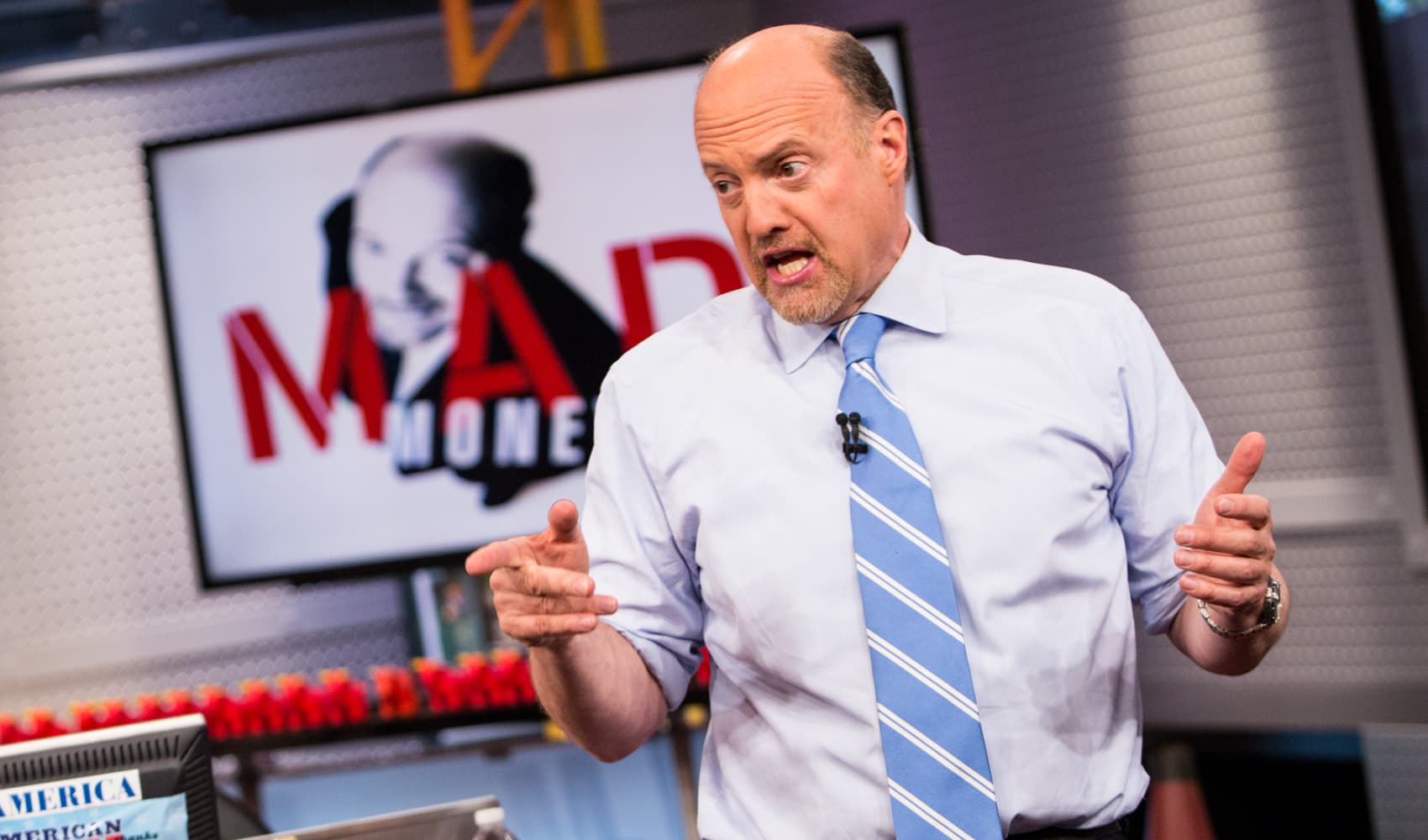
- Apple, Amazon, Facebook, Tesla and Baidu are all shunning established chip firms and bringing certain aspects of chip development in-house, according to company announcements and media reports.
- At this stage, none of the tech giants are looking to do all the chip development themselves.
- Setting up an advanced chip factory, or foundry, like TSMC's in Taiwan, costs around $10 billion and takes several years.
Not content with relying on standard chips that are in high demand, some of the world's biggest tech firms are developing their own semiconductors.
Apple, Amazon, Facebook, Tesla and Baidu are all shunning established chip firms and bringing certain aspects of chip development in-house, according to company announcements and media reports.
"Increasingly, these companies want custom-made chips fitting their applications' specific requirements rather than use the same generic chips as their competitors," Syed Alam, global semiconductor lead at Accenture, told CNBC.
Get San Diego local news, weather forecasts, sports and lifestyle stories to your inbox. Sign up for NBC San Diego newsletters.
"This gives them more control over the integration of software and hardware while differentiating them from their competition," Alam added.
Russ Shaw, a former non-executive director at U.K.-based Dialog Semiconductor, told CNBC that custom-designed chips can perform better and work out cheaper.
"These specifically designed chips can help to reduce energy consumption for devices and products from the specific tech company, whether it relates to smartphones or cloud services," Shaw said.
Money Report
The ongoing global chip shortage is another reason why big tech firms are thinking twice about where they get their chips from, Glenn O'Donnell, research director at analyst firm Forrester, told CNBC. "The pandemic threw a big wrench in these supply chains, which accelerated efforts to do their own chips."
"Many already felt limited in their innovation pace being locked into chipmaker timelines," O'Donnell said.
A.I. chips and more
At present, barely a month goes by without a Big Tech company announcing a new chip project.
Perhaps the most notable example came in November 2020 when Apple announced it was moving away from Intel's x86 architecture to make its own M1 processor, which now sits in its new iMacs and iPads.
More recently, Tesla announced that it is building a "Dojo" chip to train artificial intelligence networks in data centers. The automaker in 2019 started producing cars with its custom AI chips that help on-board software make decisions in response to what's happening on the road.
Baidu last month launched an AI chip that's designed to help devices process huge amounts of data and boost computing power. Baidu said the "Kunlun 2" chip can be used in areas such as autonomous driving and that it has entered mass production.
Some of the tech giants have chosen to keep certain semiconductor projects under wraps.
Google is reportedly edging closer to rolling out its own central processing units, or CPUs, for its Chromebook laptops. The search giant plans to use its CPUs in Chromebooks and tablets that run on the company's Chrome operating system from around 2023, according to a report from Nikkei Asia on Sep. 1. Google did not immediately respond to a CNBC request for comment.
Amazon, which operates the world's largest cloud service, is developing its own networking chip to power hardware switches that move data around networks. If it works, it would reduce Amazon's reliance on Broadcom. Amazon, which already designs a number of other chips, did not immediately respond to a CNBC request for comment.
Facebook's chief AI scientist told Bloomberg in 2019 that the company is working on a new class of semiconductor that would work "very differently" than most of the existing designs. Facebook did not immediately respond to a CNBC request for comment.
Designing but not manufacturing
At this stage, none of the tech giants are looking to do all the chip development themselves.
"It is all about the design and performance of the chip," Shaw said. "At this stage, it is not about the manufacturing and foundries, which is very costly."
Setting up an advanced chip factory, or foundry, like TSMC's in Taiwan, costs around $10 billion and takes several years.
"Even Google and Apple are reticent to build these," O'Donnell said. "They'll go to TSMC or even Intel to build their chips."
O'Donnell said there's a shortage of people in Silicon Valley with the skills required to design high end-processors. "Silicon Valley put so much emphasis on software over the past few decades that hardware engineering was seen as a bit of an anachronism," he said.
"It became 'uncool' to do hardware," O'Donnell said. "Despite its name, Silicon Valley now employs relatively few real silicon engineers."






